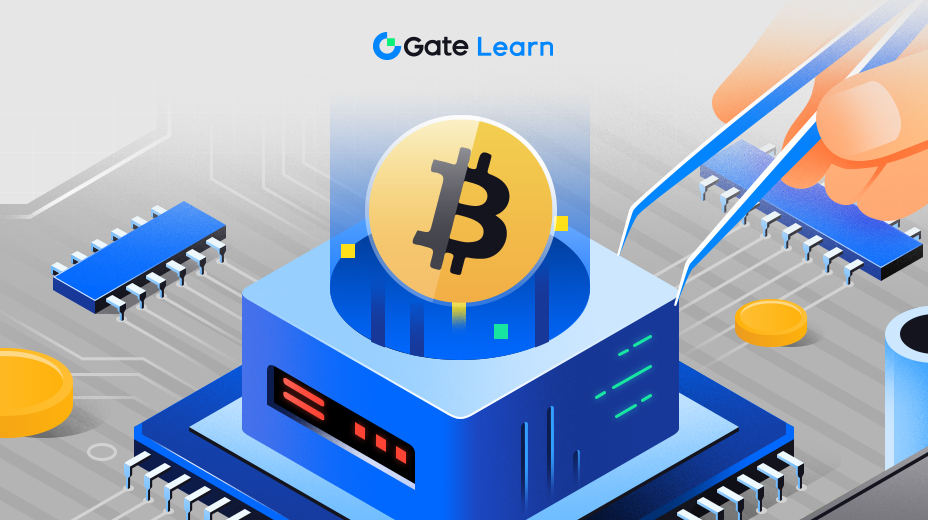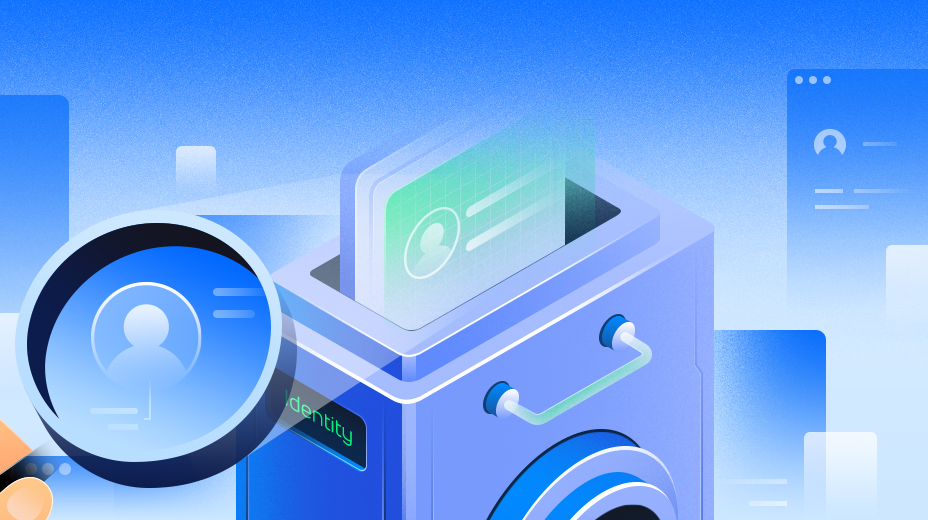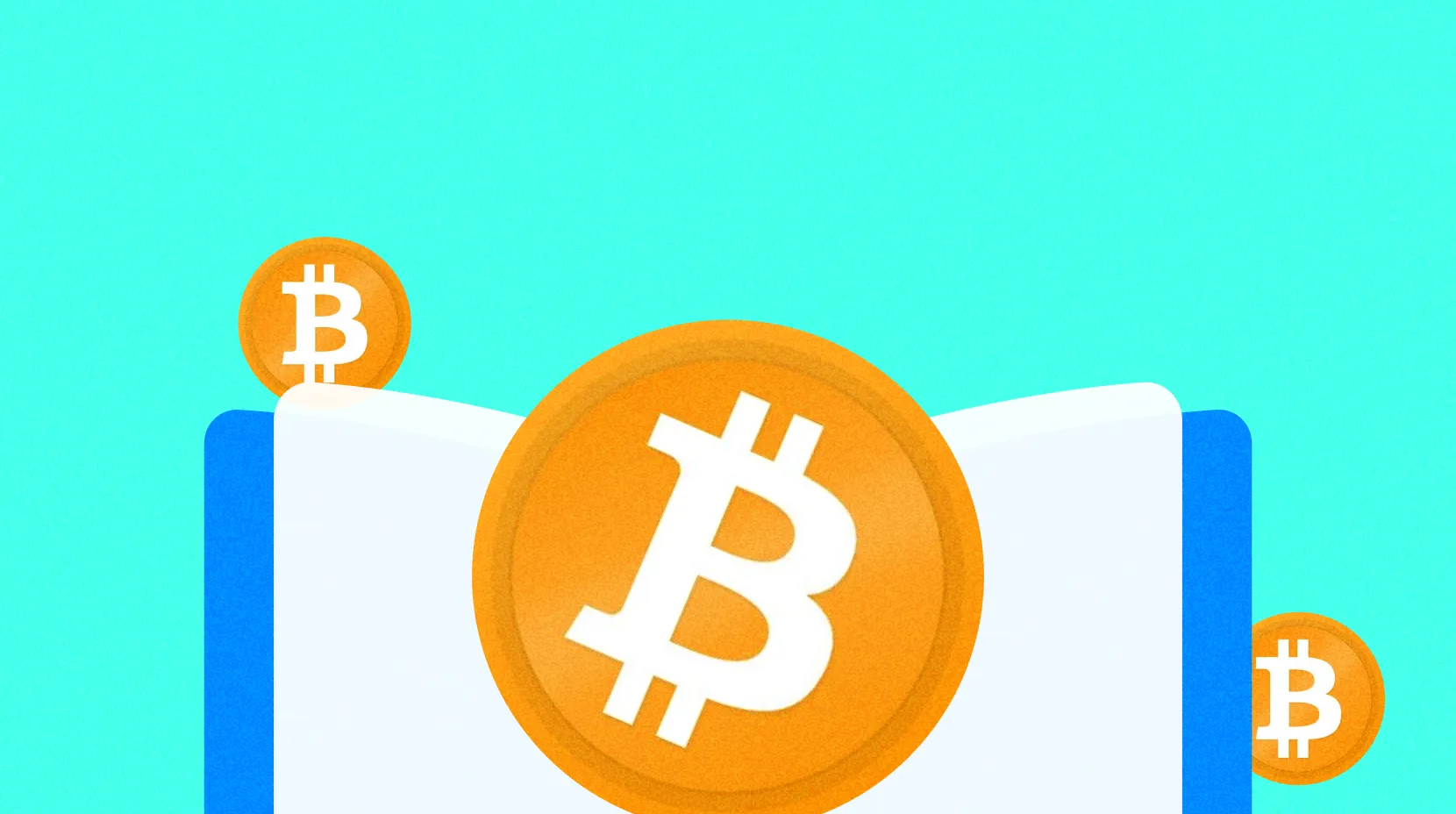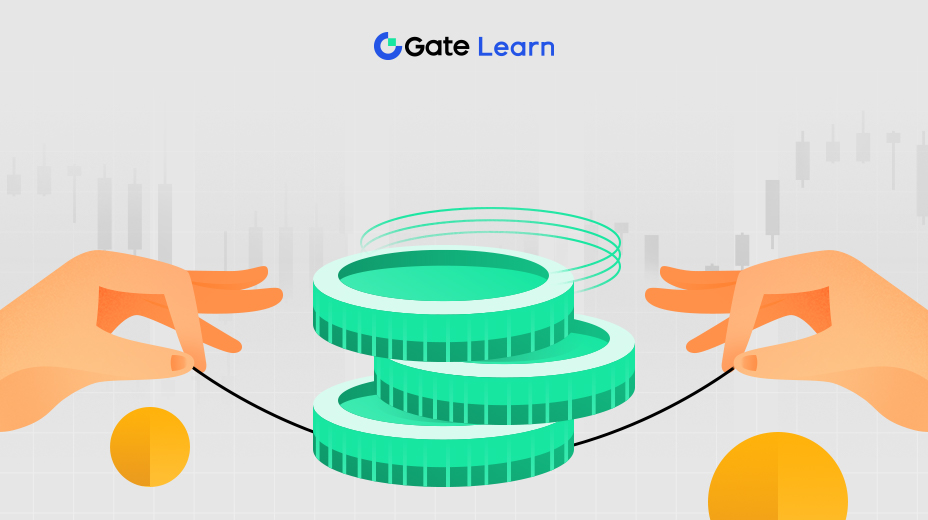Kontrak Cerdas dalam AI Terdesentralisasi
Mari kita gali lebih dalam peran kontrak pintar di DAI, berdasarkan percakapan kita sebelumnya. Saat kita mempelajari lebih dalam aplikasi AI Terdesentralisasi yang canggih, penting untuk memahami bagaimana kontrak pintar beradaptasi dengan kebutuhan unik AI. Dalam sesi ini, kita akan melihat bagaimana kontrak pintar disesuaikan untuk AI Terdesentralisasi, termasuk kontrol akses data, distribusi insentif, dan kelancaran koneksi dengan dApps DAI.
Kontrak Cerdas untuk Kontrol Akses Data di DAI
Kontrak pintar dapat dirancang untuk mengatur siapa yang dapat mengakses data tertentu dalam sistem AI Terdesentralisasi. Dengan menetapkan ketentuan yang telah ditentukan sebelumnya dalam kontrak, kami dapat memastikan bahwa hanya entitas berwenang yang dapat mengakses dan menggunakan data, sehingga privasi dan keamanan data tetap terjaga.
Soliditas
pragma soliditas ^0.8.0;
kontrak DataAccessControl {
alamat pemilik data publik;
pemetaan(alamat => bool) Entitas resmi publik;
pengubah onlyAuthorized() {
require(authorizedEntities[msg.sender], "Not authorized");
_;
}
fungsi grantAccess(address _entity) public {
require(msg.sender == dataOwner, "Only the owner can grant access");
authorizedEntities[_entity] = true;
}
fungsi revokeAccess(address _entity) public {
require(msg.sender == dataOwner, "Only the owner can revoke access");
authorizedEntities[_entity] = false;
}
fungsi accessData() public view onlyAuthorized return(string memory) {
return "Here's the data you requested!";
}
}
Kontrak ini memungkinkan pemilik data untuk memberikan atau mencabut akses ke entitas tertentu. Hanya mereka yang memiliki akses yang diberikan yang dapat mengambil data tersebut.
Distribusi Penghargaan di Jaringan AI Terdesentralisasi
Dalam jaringan AI Terdesentralisasi, kontributor (seperti penyedia data atau pelatih model) dapat diberi insentif melalui penghargaan. Kontrak pintar dapat mengotomatiskan distribusi hadiah ini berdasarkan kriteria yang telah ditentukan sebelumnya.
Soliditas
pragma soliditas ^0.8.0;
kontrak RewardDistribution {
alamat admin publik;
pemetaan(alamat => uint) penghargaan publik;
fungsi distribusiReward(alamat _kontributor, uint _jumlah) publik {
require(msg.sender == admin, "Only admin can distribute rewards");
rewards[_contributor] += _amount;
}
fungsi klaimReward() publik {
uint reward = rewards[msg.sender];
require(reward > 0, "No rewards to claim");
rewards[msg.sender] = 0;
payable(msg.sender).transfer(reward);
}
}
Kontrak ini memungkinkan admin untuk mendistribusikan hadiah kepada kontributor, yang kemudian dapat mengklaim hadiahnya.
Mengintegrasikan Kontrak Cerdas dengan DAI dApps
DApps DAI mengandalkan kontrak pintar untuk memastikan bahwa semua operasi dalam aplikasi transparan, aman, dan terdesentralisasi. Kontrak pintar, misalnya, dapat digunakan oleh dApp DAI untuk menangani pendaftaran pengguna, pengiriman data, dan permintaan pelatihan model AI.
Skenario untuk Kontrak Cerdas DAI Tingkat Lanjut
Kasus penerapan kontrak pintar menjadi lebih kompleks seiring kemajuan kita di bidang AI Terdesentralisasi. Kemungkinannya tidak terbatas, mulai dari melakukan komputasi multi-pihak yang canggih hingga menyediakan perubahan real-time pada model AI berdasarkan data blockchain. Dalam kursus selanjutnya, kita akan membahas kasus-kasus lanjutan.
Ingatlah bahwa contoh kode di atas hanya untuk alasan demonstrasi. Untuk melihatnya beraksi, Anda dapat menguji dan mengubahnya di Remix IDE. Selalu pastikan pengujian dan audit ekstensif saat bekerja dengan kontrak pintar, terutama dalam lingkungan langsung.
Pelajaran ini telah memberikan pemahaman yang lebih mendalam tentang fungsi kontrak pintar dalam AI Terdesentralisasi. Seiring kemajuan kita, kita akan melihat prinsip-prinsip yang lebih canggih serta penggunaan dan tantangan aktual dalam menggabungkan teknologi AI dan blockchain.





